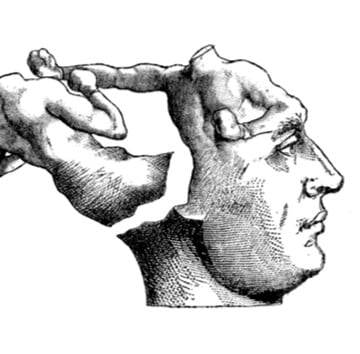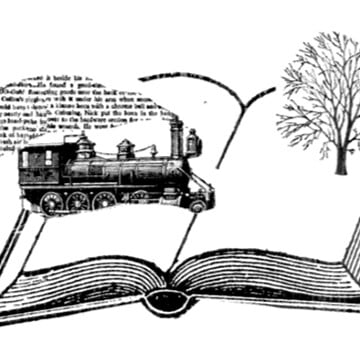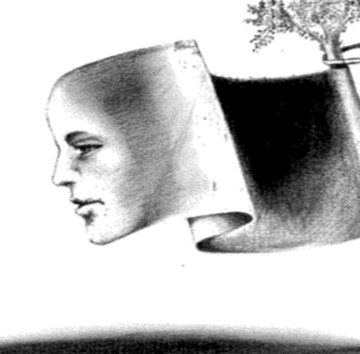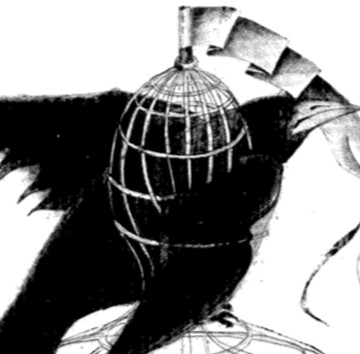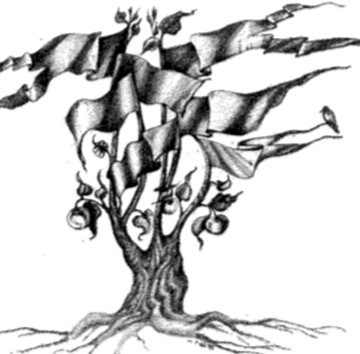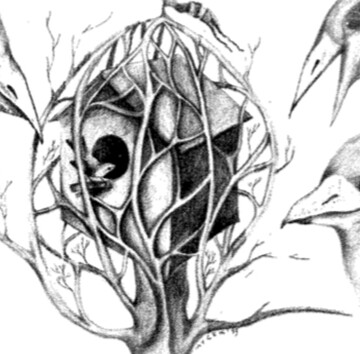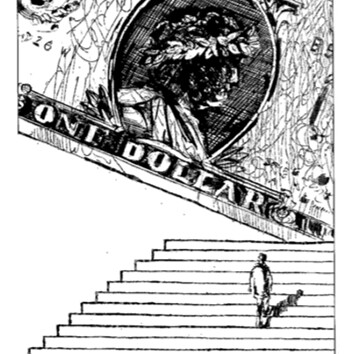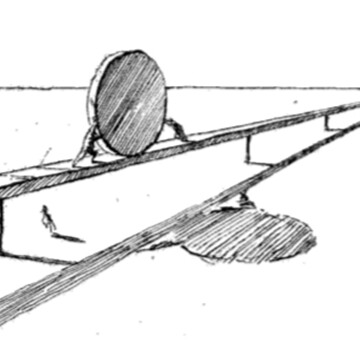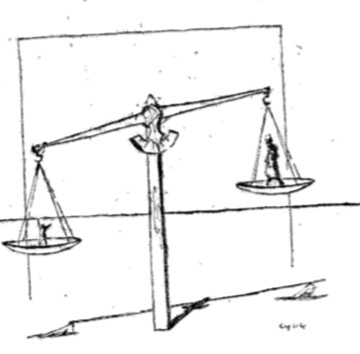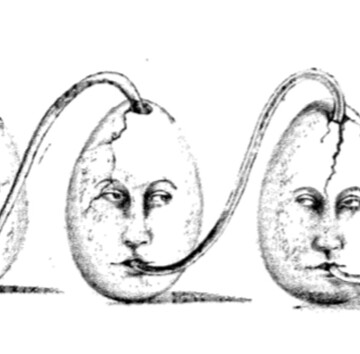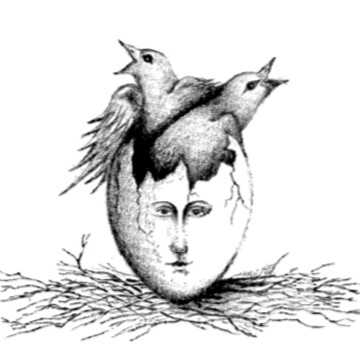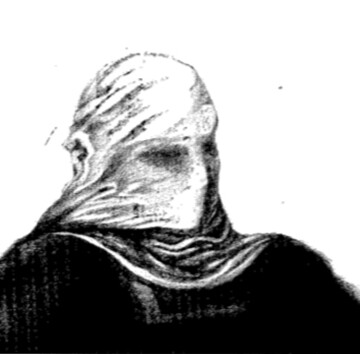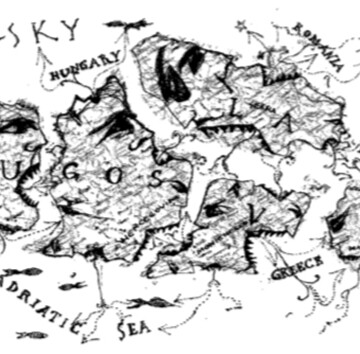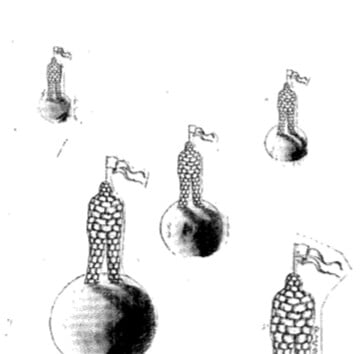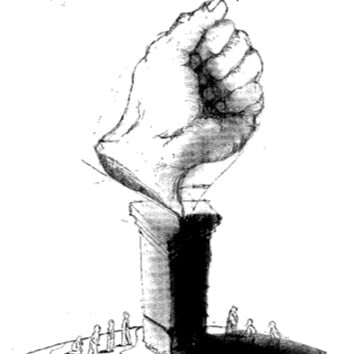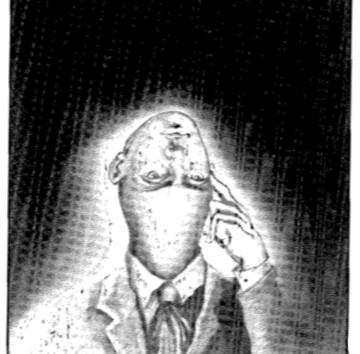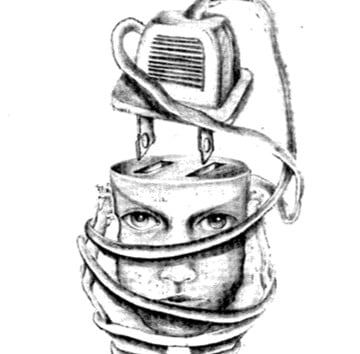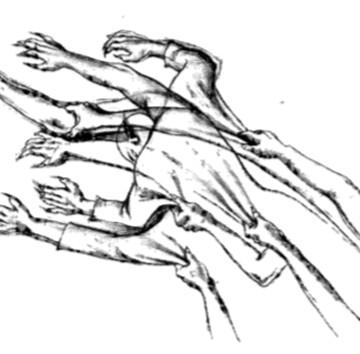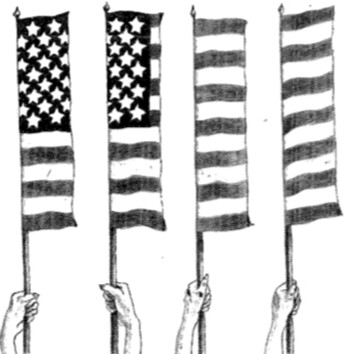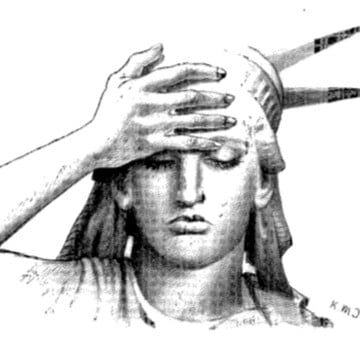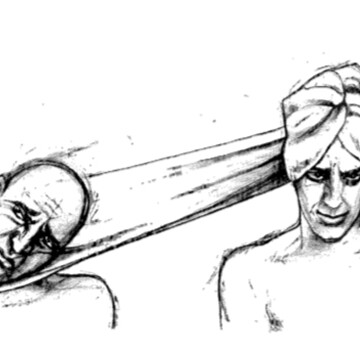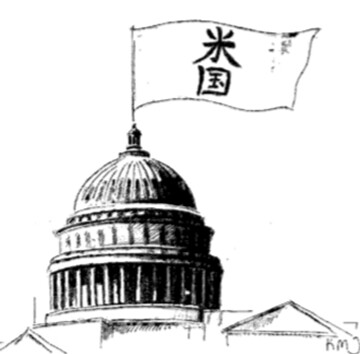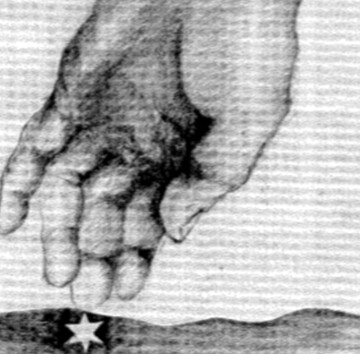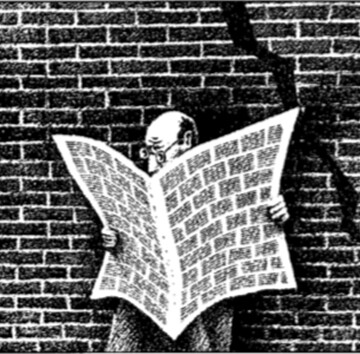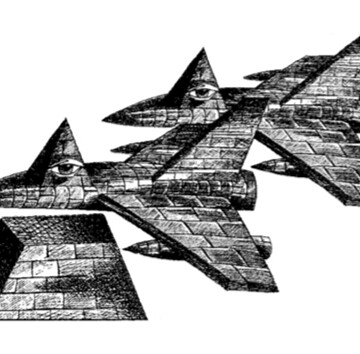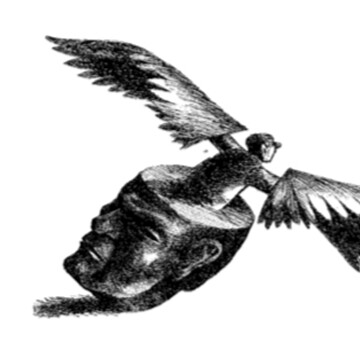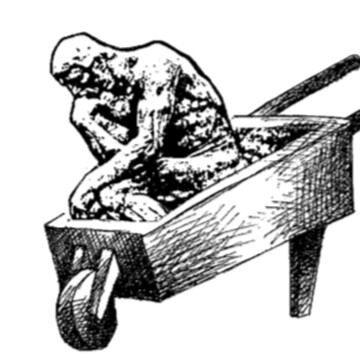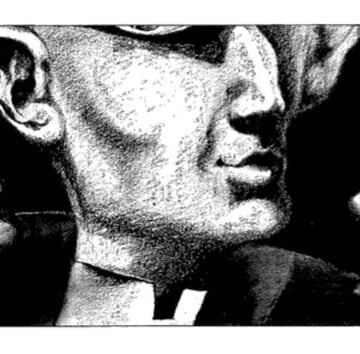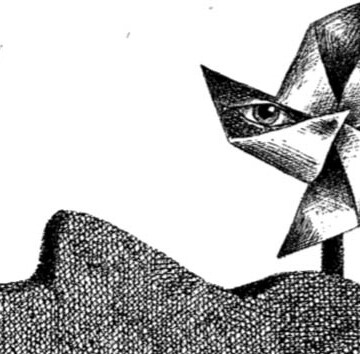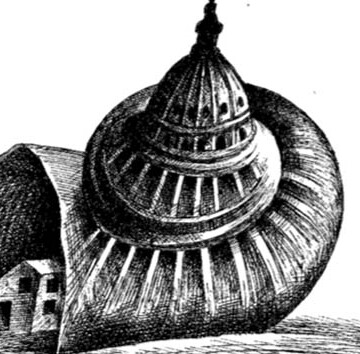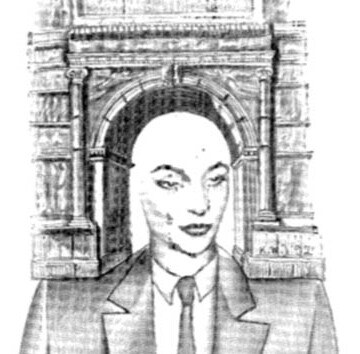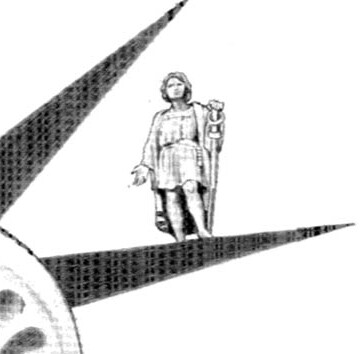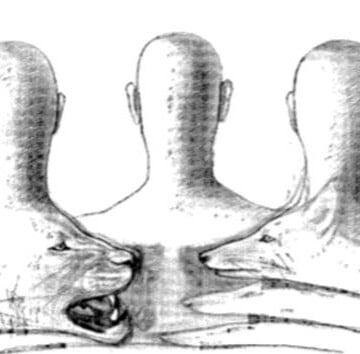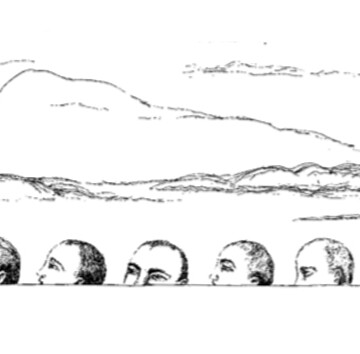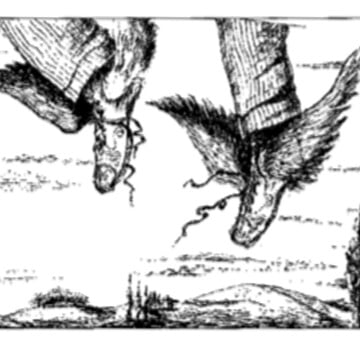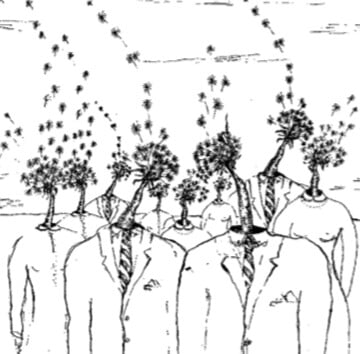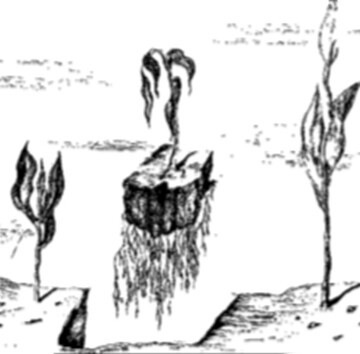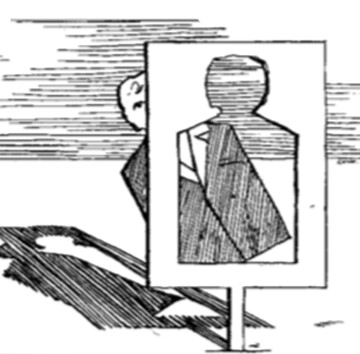The first thing we have to learn about fighting and winning a cultural war is that we are not fighting to “conserve” something; we are fighting to overthrow something. Obviously, we do want to conserve something—our culture, our way of life, the set of institutions and beliefs that distinguish us as Americans. But we must...
Category: Web
Louis Bromfield’s America
Malabar Farm drew a large crowd the summer day I was there, mostly busloads of the elderly on excursion from the “senior centers” of Ohio. They came to see Louis Bromfield’s legacy—the once famous agricultural experiment that is now a state park. Most of their interest centered on the tour of Bromfield’s “Big House,” his...
The Populist Politics of Austria
In this small nation’s elegant capital in November 1992, newspaper headlines bannering the Clinton presidential victory temporarily displaced the local story of the moment: a decisive political coup by Jörg Haider, leader of the Freedom Party of Austria (FPÖ). Although it is quite clear that Austria’s status quo, socialist-conservative, “Red-Black” alliance has functioned effectively as...
The Latest Camp of the Saints
Total strangers hug one another. People dance for joy in the streets. Tears pour down their faces. It is Germany, November 1989. The Berlin Wall has fallen and for the first time in decades people can move freely back and forth in Germany’s old capital. A people feels its solidarity, in the truest sense of...
Commentary on the Gallic Culture War
When the right took over control of the French Assembly this spring, with an enormous majority, they left economic matters in the hands of Prime Minister Eduard Balladur and proceeded to rewrite the French code of nationality and to restrict severely naturalization and asylum, responding to the desires of the vast majority of French citizens,...
Nationalism and Secession
With the collapse of communism all across Eastern Europe, secessionist movements are mushrooming. There are now more than a dozen independent states on the territory of the former Soviet Union, and many of its more than 100 different ethnic, religious, and linguistic groups are striving to gain independence. Yugoslavia has dissolved into various national components....
The Line Item Veto, Roman Style
Let us start with some uncheerful axioms about the fiscal policies of the central government of the United States at the close of the 20th century. “Beggar thy grandchildren” is, de facto if not by design, the guiding principle of the United States Congress. The government’s gross debt, plus the interest on the debt, plus...
Crime That Pays
As a front-line soldier in America’s war on drugs, Joe Occhipinti is an American hero. He became one of the most highly decorated federal agents in American history, with 78 commendations and awards in his 22 years of public service. His reward? He was set up by Dominican drug lords on specious civil rights violations;...
Hard Cases and Bad Law
During the next four years, the Clinton administration will appoint dozens of federal judges, in addition to (perhaps) two or three Supreme Court Justices. In the confirmation procedures for these individuals, issues of gender politics are likely to predominate. Abortion will obviously be one such question, as may sexual harassment, but we should also hear...
The Revolution in Civil Rights Law
It has been nearly 30 years since the passage of the Civil Rights Act of 1964. By banning discrimination in employment and public accommodations the law was meant to minimize the role of race in the daily lives of Americans. Its result has been the opposite. The doctrine of “disparate impact” has had the astonishing...
Mimesis and Perjury
A tidal wave of intellectual, and sometimes financial, fraud is hanging above the happy tropical village of American academia, threatening to crash down on it and sweep it away into the off-shore reefs. The danger has a distinctly different appearance if observed from the Olympian heights where physical scientists view the approaching storm with Lucretian...
The Myths of the Social Sciences
Several years ago one of my former roommates at Harvard, now an economist with the United Nations, dropped by for a visit. We drifted into an informal review of the social science courses we had taken at Harvard in the late 1950’s. The one overriding memory that we both had of those courses was that...
The Politics of Scientific Fraud
“Smuggler, embezzler, art forger, scientist.” Before the recent controversy over scientific fraud, that list might have been used on an SAT: “The first three deal in deception, the fourth deals in truth.” Today, however, science’s cultural image is not so unambiguously positive: scientists no longer seem immune from the moral lapses that can inflict people...
The Yugoslav Mythology
One must agree with Georges Sorel that political myths have a long and durable life. For 74 years the Yugoslav state drew its legitimacy from the spirit of Versailles and Yalta, as well as from the Serb-inspired pan-Slavic mythology. By carefully manipulating the history of their constituent peoples while glorifying their own, Yugoslav leaders managed...
Shades of White
“Mankind is in crisis . . . a long crisis which began 300, .and in some places, 400 years ago, when people turned away from religion. . . . It is a crisis which led the East to Communism and the West to a pragmatic society. It is the crisis of materialism.” Aleksandr Solzhenitsyn. Following...
The Zhirinovsky Phenomenon
Vladimir Zhirinovsky, one of President Yeltsin’s most formidable opponents, is not well known in the West. In the former Soviet Union, though, he is despised and feared by both political camps: the reformers and the “patriots.” Even Leonid Kravchuk, president of the Ukraine and a former communist, considers Zhirinovsky extremely dangerous. “Do you want to...
How Do You Know?
How much is actually known and not just supposed or imagined? A lot more, surely, than it is fashionable to think, at least in the world that moral and literary theorists seem to inhabit. So much more, that it is easy to forget how much by which we interpret the world and its texts is...
Pain Without Purpose
“We must remain absolutely silent on what we cannot talk about.” Wittgenstein’s interdict would surely apply to the mystery of human suffering; at certain intensities, pain becomes literally as well as idiomatically unspeakable. Even to allude to the educative value of pain is to risk an inhuman glibness, a cold-blooded reduction of the specificity of...
The Ideology of Technology
The technological age has been in gestation since the late Middle Ages, when the Sorbonne professors (Oresme, Buridan), the Catalan Ramón Lull, and the German Nicholas of Cusa directed their quest away from the Scholastic philosophy of essences toward a method that explores relationships. This quest was at the heart of modernity, and for centuries...
The P’s and Q’s of Immigration
Dear Dinah: Sounds like your solo in the Boston church was a triumph. Your grandma and I wish we could have been there to hear it. We’ll make it some time. Now to defend myself against your charge that I’m just an old Scrooge when it comes to immigration. To Cain’s question “Am I my...
The National Question
Peter Brimelow was supposed to deliver the keynote address at the John Randolph Club conference in Chicago last December, but he was marooned in New York by weather conditions. What follows is an extract from his prepared remarks. I believe the central issue in American politics at the end of the century is what might...
Cultural Diversity and Unity
There is plentiful historical evidence that cultural diversity and immigration need not undermine a society’s cohesion. They can be sources of enrichment and renewal. Especially in a vital civilization, groups of different religious, ethnic, and national origin may be pulled, however reluctantly in particular cases, into a dynamic arid fertile consensus. One problem with immigration...
Therapeutic Democracy
It is impossible to judge what is wrong with democracy unless we first understand its changing and constant features. The democratic principle as we now encounter it is both ancient and rudely contemporary. Among the ancient aspects of our contemporary democracy are the spirit of equality and the dangers that result therefrom. Aristotle properly perceived...
The Middle East Connection
Pat Buchanan set off political sparks during the 1992 primaries with his charge that President Bush was allowing foreign agents to run his reelection campaign. Ross Perot later fanned the sparks into a prairie fire with accusations that former government officials earn $25,000 and $30,000 a month representing foreign interests. Bill Clinton joined in with...
Selling Out—Past and Present
Many who leave Main Street, U.S.A., to do good in Washington, D.C., remain on to do well for themselves. Since the beginnings of the American Republic, thousands of former congressmen, staff assistants, and senior officials in the executive branch have trod that familiar career path. The bright and ambitious, as well as the foolish and...
Puppets for Nippon
The Japan Economic Journal reported in 1980 that “influence in Washington is just like in Indonesia. It’s for sale.” It still is. Today, more than 100 foreign governments and hundreds of foreign corporations are running on-going political campaigns in the United States, as though they were a third major political party. Mexico, for instance, is...
Fixers for a Fee
For nearly a decade now, Washington has been mired in scandals involving senior American officials who have hired themselves out to various foreign governments and companies. What is new today about this disturbing phenomenon? Because of several recent, investigative studies, we know much more about who is working for overseas interests than in the past;...
Work of Human Hands
The priest had just closed the volume by Thomas à Kempis on the bookmark and put away what was left of the bottle of wine when the telephone rang. He answered it reluctantly and recognized Mrs. Corelli’s voice on the line, begging him to hurry and saying that the doctor was already on his way....
The New Right of the Old World
Intellectual conservatism in Europe began its odyssey with Donoso Cortes in the 19th century, only to end its shipwrecked voyage a century later with Oswald Spengler. European conservatism has always been a panic-stricken response to the egalitarian torrents that have been sweeping over Europe since the American and French Revolutions. After 1945, the anus mundi...
Thoughts of Empire
When Mikhail Gorbachev declared that he was going to withdraw Russian troops from Afghanistan, people were so entranced by his supposed sincerity that they neglected more interesting aspects of the announcement. If it was genuine—and there was no convincing argument for thinking it was not—then it was the first sign, as those familiar with the...
The Consequence of Ideas
Unusual news is arriving from the former Soviet Union: leading democrats such as Yuri Afanasyev, Yelena Bonner, and many others are publicly protesting against the management of Radio Liberty. The immediate cause of their protest is Radio Liberty’s decision to drop one of its most popular programs, “In the Country and in the World,” whose...
The Politics of Employment
“Jobs Issue Dominates Defense Cuts Debates,” the Los Angeles Times proclaimed in a recent article. The story informed us that the end of the Cold War has brought about layoffs for many workers in the defense industry. This, in turn, has led members of Congress to wonder if the reductions in military spending associated with...
Believe the Children?
We may begin with a nightmare. Imagine that you are the parent of a preschool child and that one day police and child-protection officials appear at your door. They inform you that a teacher or daycare worker suspects that your child has been abused and that subsequent interviews with therapists have proven this fact to...
Uncommon Properties
Pick up any newspaper at random, and you will come upon story after story of children being murdered, beaten, and molested. I begin this chapter on Monday, October 19, 1992, and looking over the Chicago Tribune I discover: a frontpage story on Chicago schoolchildren venting their grief over the murder of their friends, a headline...
The Pilgrimage of Malcolm Muggeridge
In the second segment of the several-part BBC documentary on his life, Malcolm Muggeridge smoothed his white feathery hair away from his cherubic face, smiled cryptically, and said in his deep, rolling, gentle English voice, “There’s nothing in this world more instinctively abhorrent to me than finding myself in agreement with my fellow humans.” And...
Priests and Pedophiles
“Catholic priests claim to be celibate, but we know what they’re really up to. Most of them seduce women, the rest like little boys. Priests trap them in the confessional, and when the priests are found out, the bishops let them off with a slap on the wrist. Celibacy, hierarchy, secrecy, the confessional—those are the...
The Revolt of the Nonvoter
On November 3, 1992, the most surprising news will not be who has won the presidential election, but whether a majority of the 186 million Americans eligible to do so will have voted. The salient question today is whether a moiety promises to become a majority. Four years ago they barely missed the honor: 49.84...
Reforming the Invisible Primary
We have just completed another round in a continuing national experiment in political theory—the primary selection process as it has been revised in several waves of democratic reform. I believe this experiment, filled with noble intentions, has largely been a failure. From the standpoint of democratic theory, the presidential selection process should be both representative...
The Homeless Majority
The middle-class revolt of 1992 is an angry rebellion against America’s 25-year experiment with nondemocratic government. Around the mid-1960’s, both political parties abandoned the average American, but for different reasons. The Democrats, taken with the high morality of the counterculture, deserted him because their hearts turned against him; they decided he was selfish and racist....
Margaret Fuller in Rome
“Oh Rome! my country! city of the soul! The orphans of the heart must turn to thee!” —Lord Byron, Child Harold’s Pilgrimage What is the greatest lost work of ancient literature? Was it Arctinus’ epic Aethiopis, which told of the battles of Achilles against Penthesilea, the Amazon Queen, and Memnon, black King of the Ethiopians?...
Blaming Columbus
The news that politically correct groups in the United States are greeting the 500th anniversary of Columbus’ discovery of America by denouncing the great explorer as an imperialist exploiter has been greeted with incredulity and derision in Europe. After all, had he not discovered America, there would be no tax-fed intelligentsia of progressive Americans to...
Gift: The Life of Lorenzo Da Ponte
Not merely a strange place, but the home of strangeness, the land stretching away west to vertiginous spaces beyond the imagination. Philadelphia first, then New York, where Nancy is living. The Grahls have done well, chemists, merchants, physicians. Lorenzo and Nancy cross the river, settle in Jersey, open a grocery store in Elizabeth. He writes...
Crime Story
Probably not since Margaret Mitchell’s Gone With the Wind has a popular novel influenced Americans as deeply as Mario Puzo’s The Godfather. Appearing in 1969, the book remains, according to the inflated come-on of its publisher’s blurb, “the all-time best-selling novel in publishing history.” If true, that claim in itself is no mean accomplishment, considering...
Wyndham Lewis and the Moronic Inferno
Looking back today at the achievements of the heroic modernists, we must do so with at least some degree of ambivalence. The presence of those colossi has receded with the passing of the years; and we no longer regard them as they themselves taught us to do. Yet they still loom on the mental horizon,...
Céline and French Reactionary Modernism
Reactionary literature in France today—as opposed to earlier varieties, for example the romantic, two centuries ago—is distinguished by its despair, its radical style, its exploration of new worlds, its almost science-fiction approach to life and letters. Its most powerful motive is unquestionably despair: of democratic vulgarity, the machine civilization, the social monotony that spreads over...
Great Nations Need Great Citizens
A nation’s wealth and status is like starlight—what you see is not what is, but what was. Just as the light we see from a distant star started its journey thousands of years ago, so is the nation’s current success due principally to past actions. Great nations have great momentum; past investments in education and...
Three Bads and an Excellent
Let’s say that you have an enthusiasm for golf, tennis, or dining out but live in an area in which the necessary facilities are available exclusively on a membership basis in private clubs. Assume also that any very extended exclusion from these activities leaves you bored, dejected, morose. In these circumstances, and on the added...
Consensual Citizenship
The customary division of national laws of citizenship into the “principles” of jus soli (place of birth) or jus sanguinis (line of descent) denotes the objective criteria most often used to determine one’s citizenship. But the conceptions of political membership that have vied for supremacy in Anglo- American law implicate a different, more fundamental dichotomy—one...
The Patriotic Impulse
I must now, in public, repeat what I privately expressed to the directors of the Ingersoll Foundation: my gratitude for their having chosen me as the present recipient of this honorific award. And I must add another source of my gratification, which is the very phrasing of it: the Richard M. Weaver Award for Scholarly...
The American Crisis Without Alternative
The most important event of the waning years of the 20th century is the collapse of the last of the great national socialist powers whose rise and fall dominated the generations after World War I. The Axis easily defeated their liberal and imperial opponents, but were crushed by the national socialist regimes of the Soviet...
